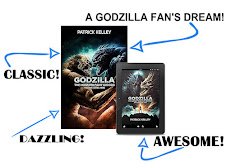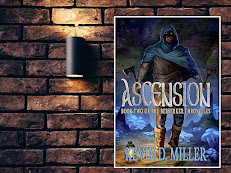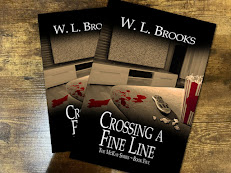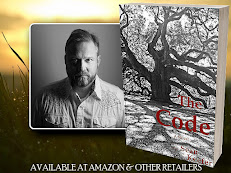Title: CHICANO HOMELAND
Author: Louis R. Negrete
Publisher: Independent
Pages: 136
Genre: Historical/Nonfiction
Author: Louis R. Negrete
Publisher: Independent
Pages: 136
Genre: Historical/Nonfiction
BOOK BLURB:
Mr. Negrete’s CHICANO HOMELAND captures in its historical pages the early Mexican settlement in Los Angeles to the 1950s Zoot Suit riots in L.A. to where Chicanos stand today in the California culture. He gives us a colorful, vivid history of a people that every Hispanic should read, especially as he says, “Chicanos and Chicanas, so they can know where they came from, how they got here and be inspired to chart a course to a genuine, lasting political power for what is now the largest ethnic minority in the United States.”
Commented author Dr. Louis R. Negrete on his book, “I believe that Americans must fight back against racism and national politics. The Chicano movement was a success but resistance to racism must continue, especially with the anti-immigrant policies popular today. I wrote the book based upon my experience growing up in Los Angeles, aware of persistent demands for justice and an end to racism. Younger Mexican-Americans and other minorities should know this part of United States history.”
ORDER YOUR COPY:
REVIEW:
I must admit from the get go that I'm from the other side of the fence. I'm a natural born white, non-prejudiced American woman. But, the reason why I wanted to review Chicano Homeland is that I wanted to hear it from the other side of the fence - from one person's POV who actually had grown up during the years back to the beginnings of the Mexican movements.Louis R. Negrete didn't disappoint.
We start the book with the author's point of view on the roots of activism. So when did political protests against Mexicans start? There are differing opinions on that but as a young boy, Louis watched sailors in uniform chase down his uncle in Watts. His uncle escapes by running into a movie theater and the sailors turned away. Now..if I could put myself in Negrete's impressionable shoes, I would be led to believe at a young age that white sailors were to be avoided at all costs. The Civil Rights movement evolved later. Mexicans started to believe things would get better and they did; although there was still a fight for unbiased opinions toward them as a nationality.
The author also tells us what it was like in the fifties and sixties growing up in California. "It was the time of controversy," the author says, "with major, sometimes contradictory, turns in political and social life" and goes on to tell us about police abuse and neglect by the city's government. Once JFK was elected president, Mexicans had hope and were given promises, but after the election, the author feels that they were once again put on the back burner and nothing was ever realized regarding their living conditions or the attitudes toward the Mexican American population.
1964 becomes the year of urban unrest and riots after the assassination of JFK. The Watts riots began. While the newly appointed president Lyndon Johnson signed the Voting Rights Act, things still didn't improve. While Mexican Americans were paying their fair share of tax, only 1 percent went to the rehabilitation of their communities. Over half of all Mexican Americans were involved in drugs and one third of all Mexican American highschoolers dropped out of school. Mexican Americans were outraged to the war in Viet Nam and more activist groups were founded. By the late 60s, the Mexican American activists became more restless. They were tired of no jobs, tired of police brutality directed at them and wanted an end to the war. More groups were founded such as Young Citizens for Community Action. The Brown Berets led by David Sanchez and Carlos Montes became visible at most Chicano protest demonstrations.
What an exciting read. Negrete's book takes a deep look into the protests and the hardships of a people who just wanted to be treated like everyone else. It was actually an eye opener of events, many I had not heard about, that needs to be addressed, acknowledged and to learn from. We all need a voice without being violent. It will get us nowhere. But looking over the events that have unraveled over the years, it's no wonder Negrete wanted to get his book out there. An informative and eye-opening read!






















































































































No comments:
Post a Comment
Thank you for your message!